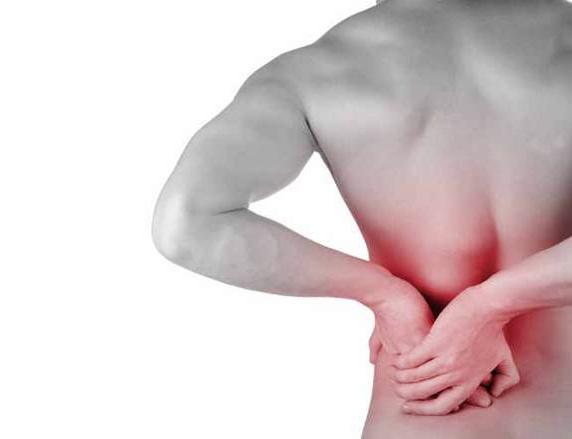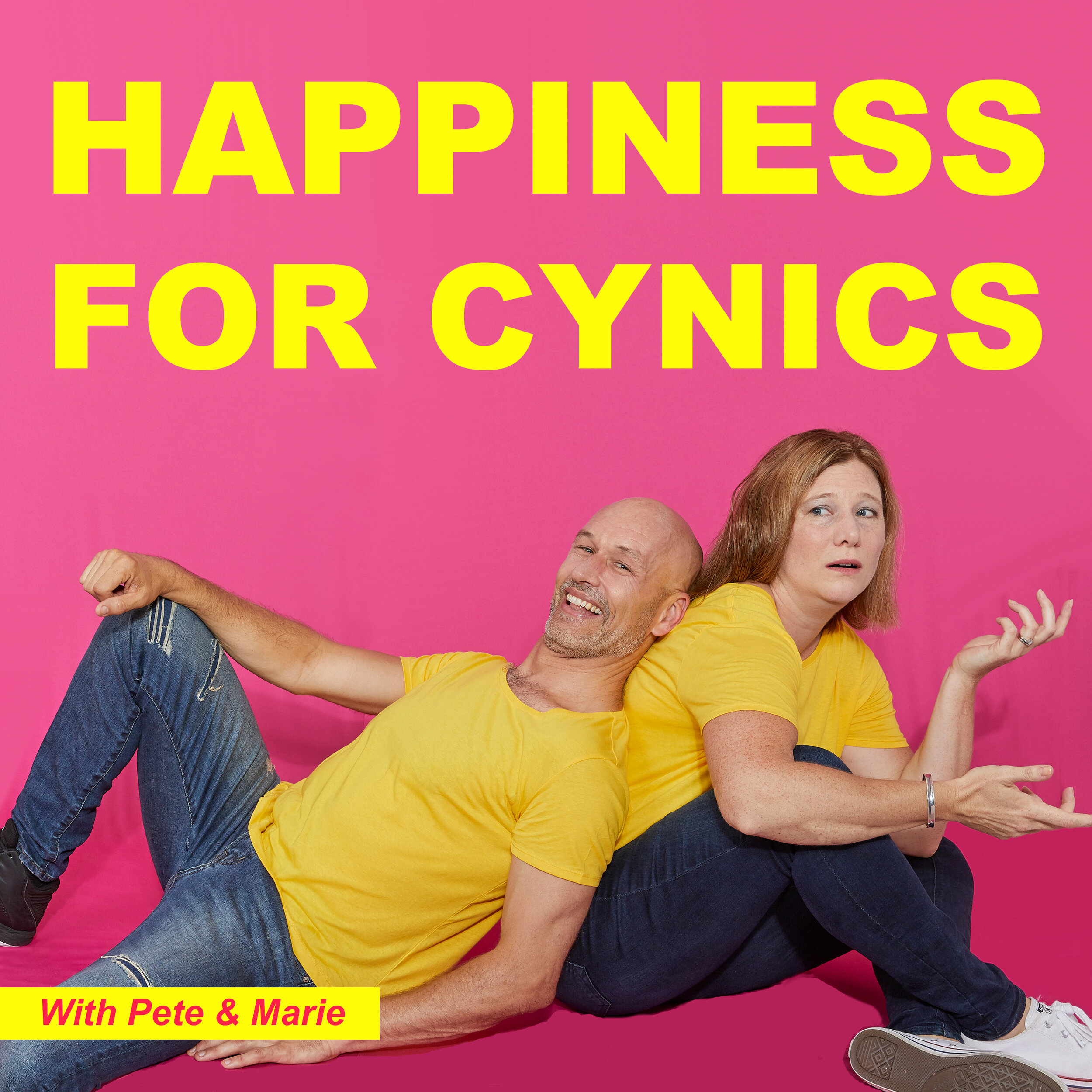Bodywork is not necessarily the first port of call when someone thinks about treating mental or emotional conditions. The treatment of depression is primarily a 'cognitive' condition to treat and to administer therapy for. But there is quite a defined link and advantage to approaching something like depression with bodywork. The research of the mind-body connection and the intrinsic advantages to bodywork and the release of neurotransmitters that influence mood and emotions is by far in positive recognition of treating mental conditions with physical therapy. Touch in itself is primally important in the release of hormones and endocrine activity that ultimately influences our ability to feel joy, elation, contentment and all those 'happy emotions' that are so important for emotional balance and well being.
Somato-emotional responses involve the physicalisation of the body. Emotional content that is linked to physical trauma or moments of heightened physical exuberance. This link is expressed implicitly in young infants. They get exuberant with their physical body when they are excited and they exhibit easily readable body language when they are forced to convey sadness or unhappiness. Its the oldest learnt way of communicating what we are feeling and wanting to gain. We have become so very gifted at meddling and deceiving others with our words, that sometimes we can deny ourselves that our bodies are actually able to commuincate more clearly what we need and desire.
So it follows that often with our emotions, even though we may be concealing what we believe our true intent may be, our bodies are screaming out at us to take heed and understand what it is that we need or desire in the truest sense. Emotional content and imbalances are easily reflected and shown in the body and often, whilst not the most primary of sources, we can look to our physical balance to assist with our emotional well being.
In this sense, 'traditional' medicine is far more interlinked with our emotional and physical realms and sometimes is more adept at addressing one via the other. Whilst not separating the two, and instead focusing on bolstering one via another, we can begin to treat conditions with extraneous means that sometimes bring about concise results.
In this way, let us take a look at the case study below that deals with depression. Depression comes in many forms and as a Chinese Medicine Practitioner, we look at treating the physical body and assessing the body for balance to ensure a good bolstered emotional state. When dealing with the emotional state, TCM focuses on the Fire Element, in particular the Heart Channel. The heart transforms food Qi (energy) into blood , powering hte circulation of blod and maintaining the blood vessels. The heart houses the mind and the spirit, serving to reinforce us in times of challenge and diversity.
Quantifying and identifying individual types of depression is where TCM principles target a more finite and particular characteristics of a person's malaise or downward demeanour. In this way, identifying particularities of the depressed state targets various elemental houses. According to the type of emotional response, particular elemental houses may be promoted or downgraded, according to what is necessary for the particulat nature of the condition.
For example, the characteristic of endogenous depression (depression arising from a stress response) is specifically related to the downgrading of Kidney energy. A decrease in this house illicits a repetitive and habitual type of depression in response to stressful stimuli. Thus, promoting the Kidney function would be a most appropriate response to this type of depression as well as treating the complimentary elements involved. Kidney Fire drives the physical being to continue despite adversity and apparent loss. Conversely, Kidney Yin provides the substance for which we bounce from adversity. So it stands to assessment that promoting Kidney Yin whilst trying to downgrade Kidney fire would be most apporopriate for a person suffering from stress response depression.
In this way the TCM principles are very particular about noting the nature of a depressed state and forming an opinion based on the particularities intrinsic to the depressed state. Often when dealing with Fire, TCM addresses the Wood and Water elements as these two houses influence how fire adapts to changes and securing emotional stability. Wood is ruled by the Liver and Gall Bladder, where Water is ruled by the Kidneys and Urinary Bladder. Thus direct palpation or addressing points along these meridian lines would be paramount to treating depressed states in general.
Balance is vital to TCM practitioners and maintaining balance in individual organs is important to ensure good health and balance both emotionally and physically. In palpating certain areas, it is possible to detect whether organs are in jitsu (tension – too much Qi) or kyo (congestion – stagnation of Qi), and this helps to determine where and what form of stimulation or treatment is necessary for any particular individual. In some situations needing to promote Qi, or conversely downgrade it in others. This is where balance is vital to maintaining emotional health and abundance.
There are certain points of a generic nature that therapists would consistently address that relate to depressed emotional states. These are:
· He7 – Shenmen
· Per6 – Neiguan
· Per8 – Laogong
· Sp4 – Kungsun
· Ren17 – Tanzhong
· Liv3 – Taichong
· BL15 – Xinshu
These points all relate to a generic addressing of the depressed state and can be utilised to assist with addressing an emotional response.
With any emotional content, the treatment of the HARA is all important. The Hara is the vital culture that is the source from which we draw our energy and vital Qi. The human body is a measure between two poles, heaven and earth. Heaven pulls us toward lofty ideal so ideology and spirituality where earth draws us downward to notions of reality and logical daily life. The Hara is the midpoint between these two entities, aiming to provide balance and ensuring we do not give precedence of one over the other. It’s location is specifically directly below the navel but it also exists generally around the abdomen.
Breathing into the hara is vital for our well being. Nourishing the life force that exists in our hara and abdomen. Thinking about physically, if we are excitable, we breath into our upper chest. Short shallow breaths that feed our fire (stimulating heart energy). Nervous tension, hyper-emotional tendencies, insecurity and lack of self awareness are indiciations of stimulated heart energy. This creates a ‘top heavy’ situation where the roots of the body are undernourished and too much excitement or stimulation in the upper house, sees us toppling over without the roots to bind us and keep us solid in our base.
In addressing emotional content of any given condition, it is important to understand the underlying causes and stimulus of conditions. In this way TCM can mimic the work of the western psychotherapist, propping past memory and working with thoughts and patterns that may be originating from past experiences and causing current traumas and depressed states.
Unpacking this information can be difficult but it can also directly relate to a person’s physical state. Thus bodywork can be of great relevance in supporting and identifying these states and helping to move energies to a more balanced situation. The physical does not exist separate to the emotional. Both are inter-linked and relevant to each other. Movement can stimulate endorphin release and neuro-transmitter function. There is a reason why movement and activity make us ‘feel’ happy. This alone points to the connection between the two realms and the deep seated relationship of depression and bodywork. So whilst it may not be the first port of call, do not underestimate the good that bodywork can do in moving more than just physical afflictions from exercise.



